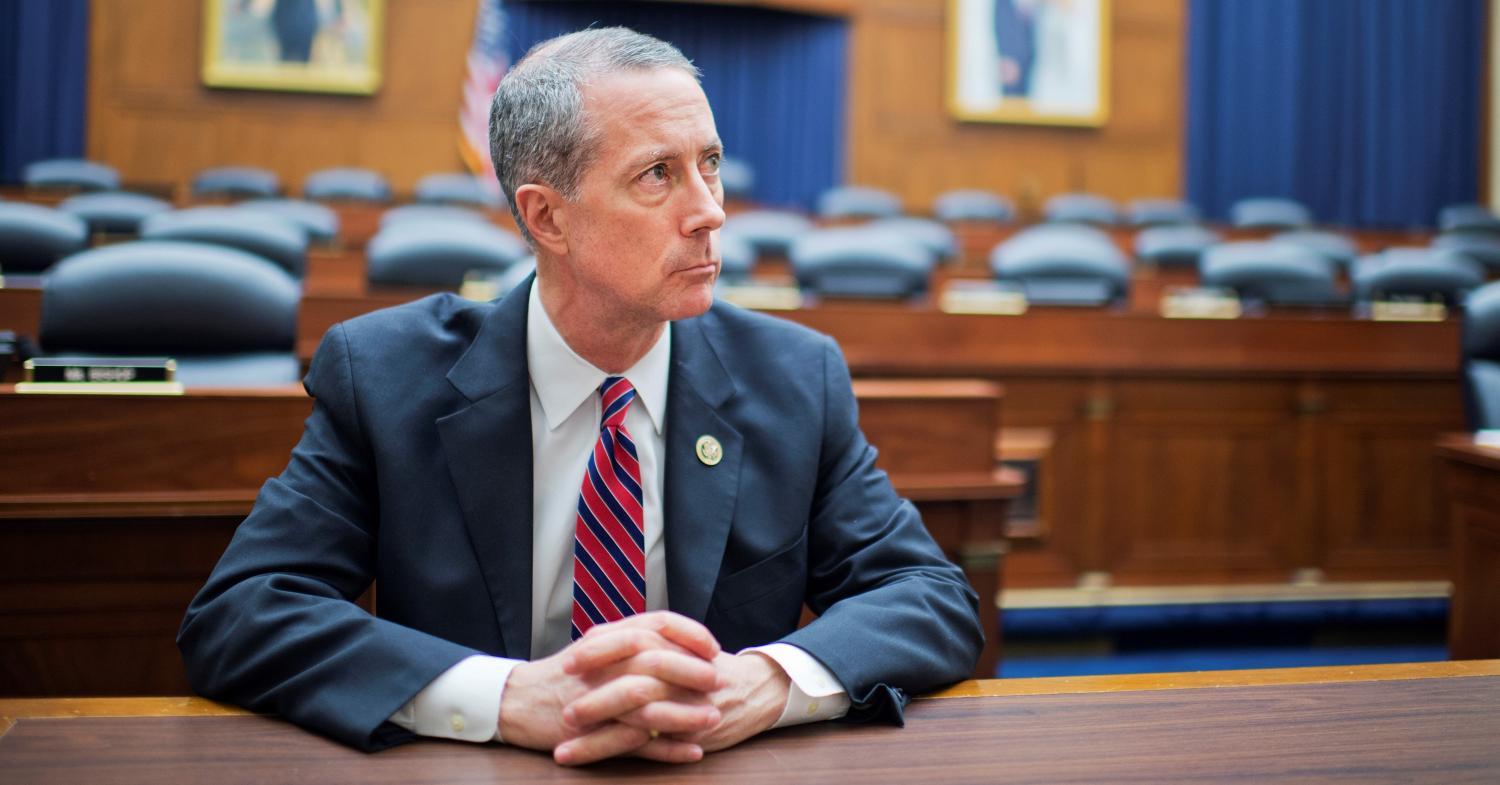Republicans say Australia is the United States' strongest ally, according to a recent survey featured in the New York Times. Yet Republicans in the US House of Representatives have been conspicuously absent in the last two weeks as the rest of Congress rallied around Australia.
With the major exception of Speaker Paul Ryan, I am unaware of any expression of support for Australia from 238 House Republicans.
The other three broad 'groups' in Congress (Senate Republicans, Senate Democrats and House Democrats) have voiced unequivocal support for Australia since the phone call between President Donald Trump and Prime Minister Malcolm Turnbull. A bipartisan group of ten senators co-sponsored a resolution supporting Australia, at least six senators have spoken to Australian Ambassador Joe Hockey, and 12 House Democrats have reaffirmed the importance of the US-Australia alliance. Yet House Republicans have been silent.
Domestic political considerations have shaped this behaviour. Very few members of the House represent competitive districts (only 12 of 435 House seats flipped partisan control in the 2016 elections, with 380 of 393 incumbents re-elected), so the overwhelming majority of House Republicans are unconcerned about the prospect of losing to a Democrat in the 2018 midterms. However, they are highly attuned to a potential primary challenge from within their own party, particularly from a well-funded pro-Trump challenger.
House Republicans have therefore been reluctant to oppose Trump. Of the 12 floor votes in the House of Representatives since the inauguration, only a handful of Republicans have voted against the Trump administration's position. As they seek to avoid a primary challenge, House Republicans will be judicious in their opposition to a President who retains high approval ratings among Republican voters. A public expression of support for Australia would risk drawing the ire of the President without helping one iota in Republican primaries that are just 18 months away.
So, though many House Republicans would be ardent supporters of the US-Australia alliance, they have not publicly aired these views since the Trump-Turnbull phone call.
Where House Republicans have been muted, Democrats and Senate Republicans have been outspoken. Senators, who serve six year terms, are less constrained by political pressures and have been freer to voice their support for Australia. John McCain, Chairman of the Senate Armed Services Committee, released a statement supporting Australia and publicised his call with Ambassador Joe Hockey, yet House Armed Services Committee Chairman Mac Thornberry has been silent. Similarly, Republicans on the House Foreign Affairs Committee have not spoken in favour of Australia, despite affirmations of the alliance from their Democratic committee colleagues Ted Lieu, Joaquim Castro and Robin Kelly. Meanwhile the top Democrats on the House Foreign Affairs and Armed Services Committees, Eliot Engel and Adam Smith, are pushing for Prime Minister Turnbull to address a joint sitting of Congress.*
Most concerning for Australia is that the Congressional resolution 'reaffirming the strong US-Australia alliance', which was introduced to the Senate with bipartisan support, did not attract a single Republican co-sponsor in the House.
In this era of deep polarisation in Washington, seemingly anodyne foreign policy topics such as expressions of Congressional support for one of the United States' closest allies are now hostage to domestic politics.
*This sentence was added after post was first published.

